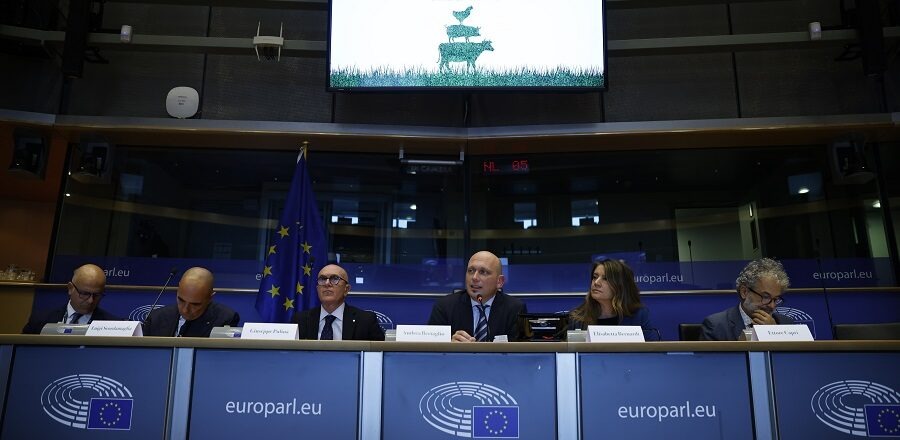
EAT-Lancet’s universal diet? According to the Italian Foreign Ministry, “harmful and dangerous”
The Italian Foreign Ministry’s Permanent Representation to the UN International Organisations suggests prudence towards the WHO in supporting the presentation of the EAT-Lancet report, validating the theses expressed by The Sustainable Meat Project (Carni Sostenibili).
On occasion of the presentation of the “EAT-Lancet Commission’s” report on “Healthy Diets from Sustainable Food Systems” that will be held today, on the 28th March, at the United Nations in Geneva, the Italian institutions take a very firm stance about the possible presence of the WHO in supporting the event. They do so by warning about the health, biodiversity and employment risks hidden behind the “Universal Diet” fobbed off by the EAT-Lancet commission itself, and illustrating in a very explicit statement the reasons why “the WHO should not be involved in this initiative“.
The decision of the Permanent Representation to the UN International Organisations in Geneva to urge prudence to the WHO in supporting the presentation of the EAT-Lancet report supports the theses that The Sustainable Meat Project (aka Carni Sostenibili) has expressed ever since the beginning of this debate. It must be stated once and for all that a universal diet cannot exist, as everyone has their own diet both by tradition and by local custom.
Let us not forget that this report, which arbitrarily recommends a 90% reduction in meat consumption, represents the opinion of a commission of experts, certainly authoritative, but who have no preferential title to represent the international scientific community, to whom, moreover, they do not have submitted the work before publication.
Even if The Lancet is considered a prestigious magazine, one must recall that in the scientific editorial panorama there are more than a thousand equally prestigious magazines are published which deal with themes of relating to the animal production sector that say very different and opposite things; for this reason, whilst stressing the contribution of the Lancet study to the debate, it is today more than ever evident that about meat and fish production and consumption the considerations expressed by the EAT-Lancet commission are to be reconsidered for at least two reasons.
The first, because the majority of developing countries’ population lives with and thanks to animals; the second because there are many diets linked to local and cultural factors based on products of animal origin.
The warnings of the Representation confirm, once again, that there is no single recipe for everyone. Even if it did exist it would certainly not be the one proposed by The Lancet which, among other things, contains obvious nutritional errors: it is far too caloric, because in order to cope with the lack of products of animal origin, in particular meat, it calls upon the consumption of excessive amounts of cereals and energy products.
Once again, the winner is the Mediterranean diet, where all foods are consumed in a complete and responsible manner.
Giuseppe Pulina
President Emeritus of the Association for Science and Animal Production, Professor of Special Zootechnics at the Department of Agriculture of the University of Sassari and President of Carni Sostenibili.





